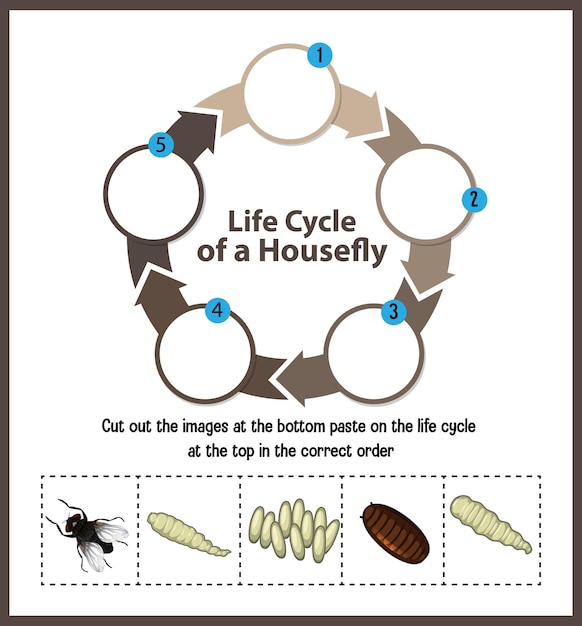

Fossils are the ancient footprints of Earth’s history.
The study of fossils enables us to unravel the mysteries of life’s past.
Fossils are like time capsules, preserving glimpses of long-lost worlds.
Fossil hunting is like being a detective in the ancient world.
Fossils tell the stories of creatures that once roamed the Earth.
The fossil record is a testament to the incredible diversity of life.
Fossils are the echoes of long-extinct species.
Studying fossils allows us to understand the evolution of life on Earth.
Fossils hold the secrets of our planet’s deep past.
Every fossil is a piece of the puzzle in understanding our origins.
Fossils are the breadcrumbs left behind by extinct organisms.
The fossil record provides evidence of evolution in action.
Fossils bridge the gap between the past and the present.
Fossil discoveries continue to surprise and challenge our understanding of life’s history.
Fossils bring extinct species back to life in our imagination.
Fossils are like a window into a world that no longer exists.
The age of a fossil can be determined by various scientific techniques.
Fossilization is a rare event that requires specific conditions to occur.
Fossils can be found in sedimentary rocks all around the world.
The study of fossils allows us to speculate on extinct species’ behaviors.
Fossils provide evidence of mass extinctions throughout Earth’s history.
The first fossil discoveries sparked debates about the origins of life.
Fossils offer clues about Earth’s climate in the past.
Paleontologists use fossils to reconstruct past ecosystems.
Fossils are evidence of the ebb and flow of life on Earth.
The fossils of ancient plants tell us about the changing landscapes of our planet.
Fossils can be found in the most unexpected places, including museum collections.
Fossils reveal the anatomical structures of ancient creatures.
Some fossils are so well-preserved that we can see detailed impressions of soft tissues.
Fossils can teach us about the development of complex forms of life.
Fossils show how species have adapted and diversified over time.
Paleontologists use fossils to study the patterns of extinction events.
Fossils challenge our understanding of the limits of life in extreme environments.
The study of fossils is a constant process of discovery and reinterpretation.
Fossils are reminders of the impermanence of life on Earth.
Fossils are like a gallery of nature’s artwork from millions of years ago.
The oldest fossils date back billions of years, revealing our planet’s ancient history.
Fossilized footprints provide evidence of prehistoric animals’ movements.
Fossils can still hold genetic information, offering insights into ancient DNA.
The fossil record confirms the theory of common ancestry.
Fossils highlight the interconnectivity of species and ecosystems.
Many fossils are named after their discoverers, honoring their contributions to science.
Fossils remind us that life on Earth is constantly changing and evolving.
Fossils are a tangible connection to the past, a link between generations.
The study of fossils fuels our curiosity and ignites our imagination.
Around the world, coffee enthusiasts enjoy Monin coffee concentrate since it is a multipurpose product. Conveniently combining…
The Importance of Choosing the Right Shower for Your Bathroom Renovating your bathroom can be…
Usain Bolt holds the record for the fastest 100-meter sprint in history.Bolt was named Sportsman…
Love is in the air... and it smells suspiciously like chocolate!Roses are red, violets are…
Life's a beach, take a picture and relax.Sun, sand, and salty kisses. That's what beach…
Hungary is home to the largest thermal water cave system in the world.The Rubik's Cube…